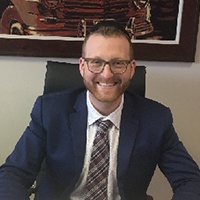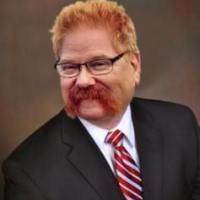Pleasant Ridge Criminal Lawyer, Michigan
Sponsored Law Firm
-
 x
x

Click For More Info:
-
Boyer Law Group
43805 Van Dyke Avenue Suite A Sterling Heights, MI 48314» view mapAccident & Injury Law Seasoned. Successful. Supportive.
Through detailed research, extensive preparation and a winning strategy developed for each client, our attorneys are fully committed to successfully resolving legal issues.
800-942-1270
Dean Elliott
✓ VERIFIEDCo-Counsel on the largest police misconduct verdict in Michigan history and the largest verdict in Michigan this year! On November 3, 2016, a jury in... (more)
Richard M. Halprin
✓ VERIFIEDAs an experienced attorney and district court magistrate, Richard Halprin has cultivated a network of relationships within the legal community, includ... (more)
Elliot D. Margolis
✓ VERIFIEDMr. Margolis has been rated “highly qualified” by judges and other attorneys, according to legal rating service Martindale-Hubbell. He is a member... (more)
Brent Jaffe
Upon passing the bar Attorney Brent Jaffe joined his father's firm to form Jaffe Law Group. "I was drawn to the practice of law because this professio... (more)
David J. Poulton
✓ VERIFIEDDavid Poulton is a practicing lawyer in the state of Michigan. He received his J.D from Michigan State University College of Law in 1998.
Gary R. Lazar
✓ VERIFIEDGary R. Lazar is a practicing lawyer in the state of Michigan handling criminal defense matters.
 William G. Boyer Sterling Heights, MI
William G. Boyer Sterling Heights, MI Practice AreasExpertise
Practice AreasExpertise






